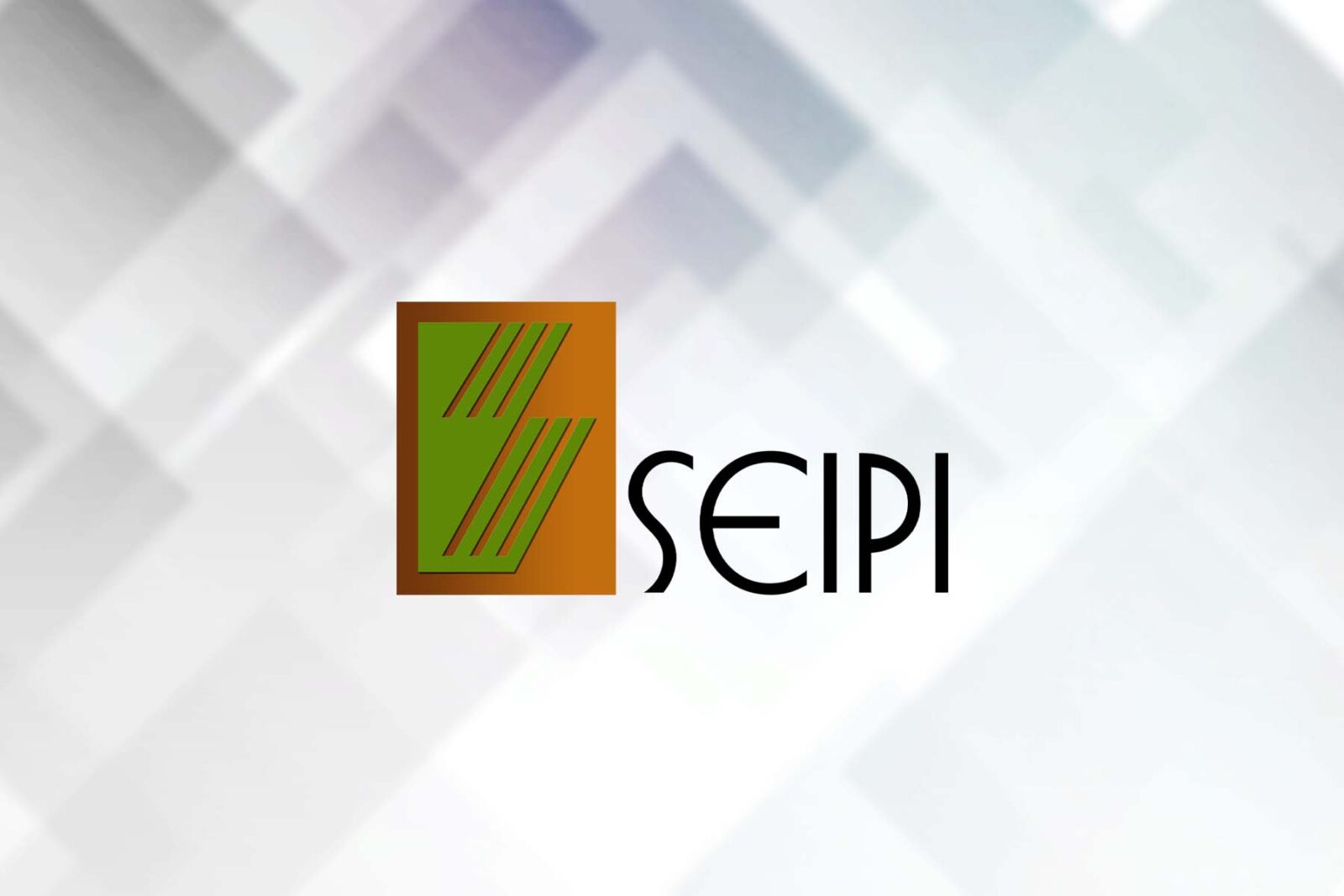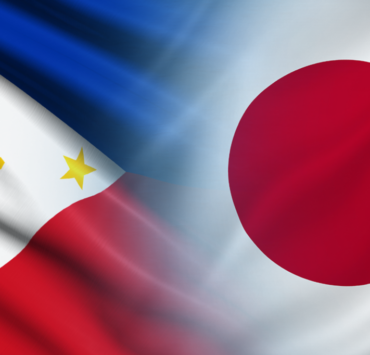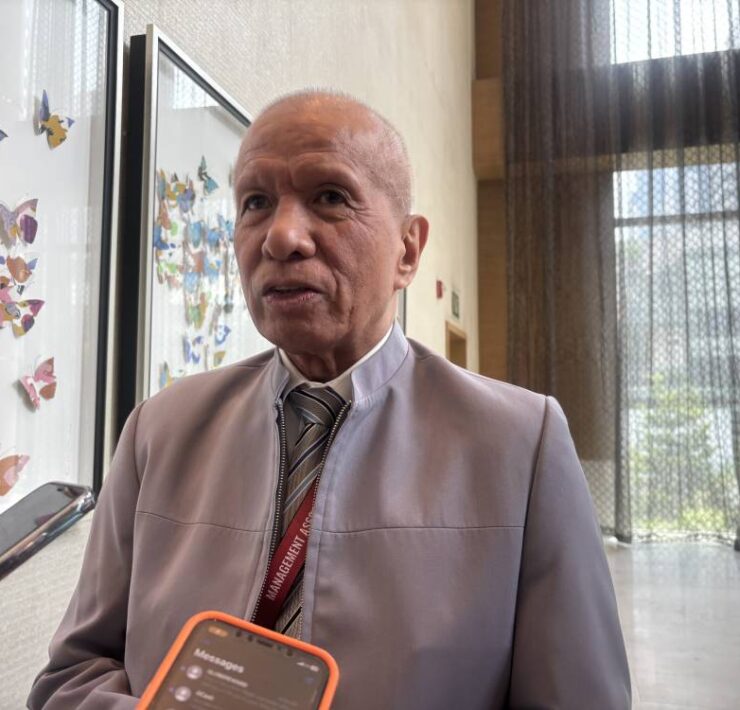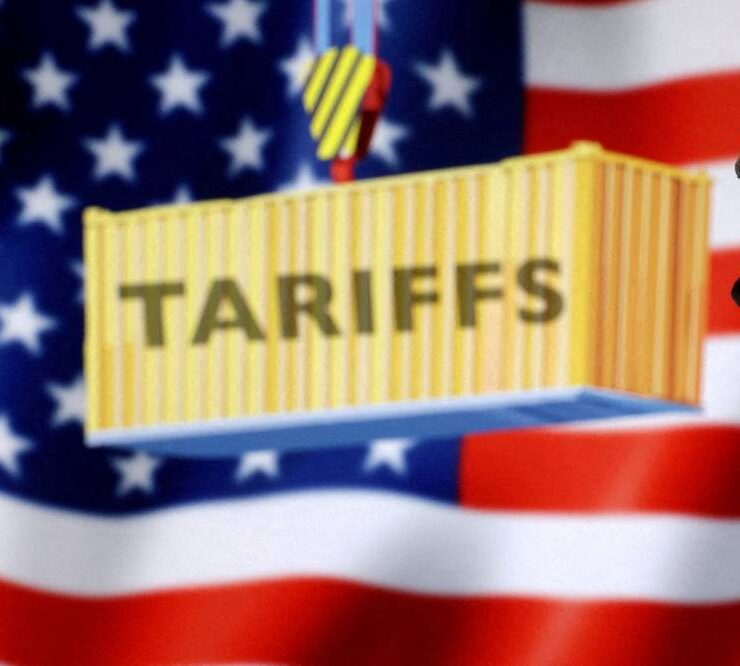Philippine chipmakers eye markets other than US

The Philippine semiconductor industry is looking into diversifying its market as US President Donald Trump plans to impose a 100-percent tariff on semiconductors bound for the United States.
“Essentially, one of the things we just need to do is continue to develop markets outside the United States,” said Danilo Lachica, president of the Semiconductors and Electronics Industries in the Philippines Foundation Inc. (Seipi).
In an interview with ANC’s Market Edge, Lachica said that they see the potential to expand the market within the European Union. For instance, Germany, Seipi members’ largest customer in the EU.
He said that despite the complexity of the semiconductor supply chain, the EU imposes lower tariffs than the US.
“There’s a potential there in terms of developing other markets, other countries, as well as moving up the value chain in terms of the services we provide for the semiconductor electronics industry,” Lachica said.
In particular, he said the sector should move beyond producing hardware, semiconductors and electronics. Instead, it should venture into other high-value activities, such as the integrated circuit design services.
Lachica said the Trump administration’s steep tariff rate on semiconductors would be “devastating” not only in the short term but also in the long run. He said this would “crush” the local semiconductor and electronics industry.
“Can you imagine if these major US multinational [companies] set up shop in the United States and get away from this tariff?” he said.
“And sooner or later, this complicated supply chain will catch up to us if Trump doesn’t kind of restrain some of the announcements he’s making,” he added.
Lachica said that semiconductors are exempt from any tariff under Section 232 of the US Trade Expansion Act of 1962. Still, he acknowledged that such exemptions may not last long.
Another uncertainty he cited was whether or not the US government would provide the $500-million funding to boost the country’s advanced assembly, test and packaging capabilities for five years under the CHIPS and Science Act.
“But even that was frozen, even that was stopped. There’s news that maybe by September it will resume, but who knows, right?” said Lachica.
Trump announced last week that Washington would slap a 100-percent tax on imported chips. But he said that companies that will establish a factory in the US would be spared.




















